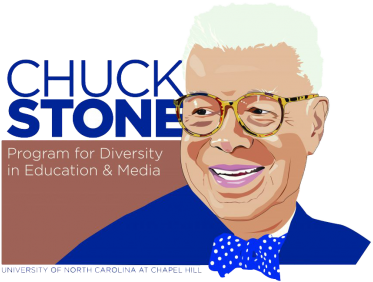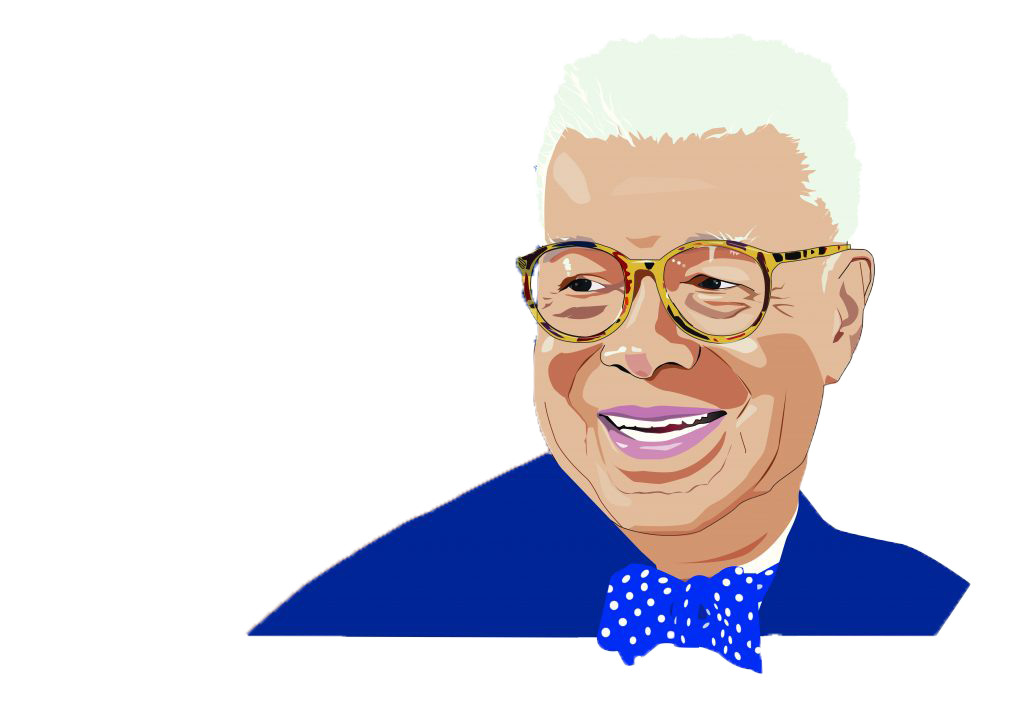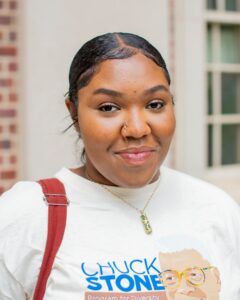Victoria Alcindor
Finding home
By Ava Wharton
Victoria Alcindor believes that she has ways of making herself seen.
She revels in the self-expression fashion allows, adorning herself with gold jewelry and other accessories. In Alcindor’s eyes, these stylistic choices play a vital role in the way she shows up in various spaces: “My appearance allows me to come into the world as me.”
Alcindor grew up in Long Island, NY, a place she considers home, instead of her current residence in Durham, where she attends Riverside High School. “Home is a place where you feel safe,” she said, and this is exactly what she had found in her hometown of Hempstead, LI. There, she describes feeling most validated and comfortable in her identity. The ability to embrace her personal style without fear of judgment is a significant way that this has surfaced.
Upon moving to Durham at age 12, Alcindor encountered challenges that threatened this embrace of her outward appearance. She recalls feelings of discomfort around wearing her hair and clothing in ways most authentic to her. Alcindor was hesitant to wear braids and long acrylic nails, which had routinely served as her go-to’s. Despite the confidence these items brought her, she began to associate them for the first time with feeling “ghetto” and “confined.” Alcindor largely attributes these internalized notions to racially-motivated behavior from her peers.
She did not anticipate the degree of discomfort that she would feel at a school considered diverse by her Durham community. Growing up in Hempstead, she rarely worried about her appearance or felt that her character had come into question. In Hempstead she felt beautiful, and like herself. But in Durham, Alcindor quickly felt that her peers did not share these sentiments. The lack of interest her peers would show towards her during group projects soon made her feel isolated, especially in engineering class, where she was one of few Black students in the classroom. Alcindor often was quiet in a space where her passion and skill would compel her to speak. Her frustrations grew as she tried to avoid categorization as “overly sensitive” or the “angry black girl.” “I shouldn’t have to change myself to make others feel more comfortable,” she said.
Alcindor’s experience navigating a variety of spaces initially created challenges in her ability to establish a sense of home, but she turned to the guiding model she had all her life: her mom. A certified nurse at Duke Health in Durham, Kimberly S. Williams has shared her personal experience navigating diverse environments. Her career and personal life have brought her to embrace people of varying racial and cultural backgrounds. As a Black woman, Alcindor says that Williams has felt pressured to shrink and code-switch in various spaces. But to Alincdor, her mother exhibits a personal philosophy that is quite the opposite.
Williams makes it a point to embrace the diversity she brings to her environments, basing her sense of identity beyond the labels. As Alcindor describes, her mother would not refrain from pursuing interests that others have deemed as being “reserved” for white people. Williams’ previous employment at a Garden City, LI country club, coupled with her college education, led others in her community to regard her as uptight. Despite such comments, she recognizes the power in her resilience while nurturing the very same in her daughter. Following suit, Alcindor has grown inspired to find the comfort of home regardless of the locations she inhabits: “She teaches me that although there are not many like me here, I still need to be here.”
Her willingness to explore her sense of style and express herself have since bloomed to areas beyond accessorizing. Alcindor’s exploration of studio dance has allowed her to take up space in a way that feels freeing. “(Dance) provides an escape,” she said. “(It’s) a way to tell a story through your body.”
Alcindor asserts that she exists beyond any one label: “Simply put, I am more than my skin.”


